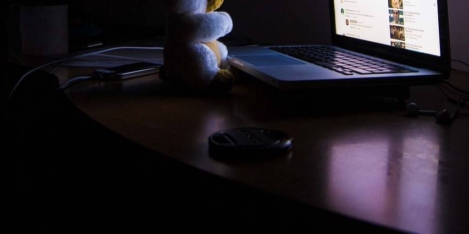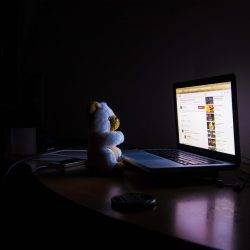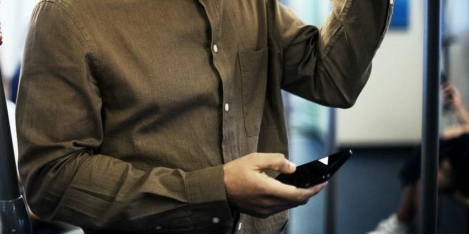May 31, 2018
Upcoming tasks and appointments may make us less productive, claims new research
Available time seems shorter when it comes just before an appointment, say scientists who found that an upcoming task may make us less productive. In a series of eight studies, both in the lab and real life, researchers found that free time seems shorter to people when it comes before a task or appointment on their calendar. The study appears online in the Journal of Consumer Research. In an online study of 198 peopl were asked to imagine they had a friend coming over to visit in one hour and “you are all ready for your friend to come by.” The others were told that they had no plans for the evening. All participants were asked how many minutes “objectively” they could spend reading during the next hour and how many minutes they “subjectively” felt like they could spend reading during that same hour.

























 UK office workers spend an alarmingly limited amount of time outdoors each day, claims new research from Ambius, which found that almost 40 percent spend a maximum of just 15 minutes outside, excluding their commute to work, and an additional 22 percent spend a maximum of 30 minutes outside. This is even less than prisoners, who require ‘at least one hour of suitable exercise in the open air daily’, according to UN guidelines. On average, the British workers surveyed spend more time per day at their desk or workstation (6.8 hours) than they do in bed (6.4 hours), relaxing at home (3.5 hours) or outdoors (37 mins). A lack of fresh air (57 percent), insufficient natural light (49 percent), and an absence of indoor plants (36 percent) were the biggest source of frustration for employees. Introducing indoor plants (49 percent), nicer artwork (50 percent), and a more interesting colour scheme (54 percent), topped the list of employees’ requests to improve their workplace.
UK office workers spend an alarmingly limited amount of time outdoors each day, claims new research from Ambius, which found that almost 40 percent spend a maximum of just 15 minutes outside, excluding their commute to work, and an additional 22 percent spend a maximum of 30 minutes outside. This is even less than prisoners, who require ‘at least one hour of suitable exercise in the open air daily’, according to UN guidelines. On average, the British workers surveyed spend more time per day at their desk or workstation (6.8 hours) than they do in bed (6.4 hours), relaxing at home (3.5 hours) or outdoors (37 mins). A lack of fresh air (57 percent), insufficient natural light (49 percent), and an absence of indoor plants (36 percent) were the biggest source of frustration for employees. Introducing indoor plants (49 percent), nicer artwork (50 percent), and a more interesting colour scheme (54 percent), topped the list of employees’ requests to improve their workplace.














June 1, 2018
How our noisy world was foreseen by the 20th Century’s great minds
by Charles Marks • Comment, Wellbeing, Workplace design
More →